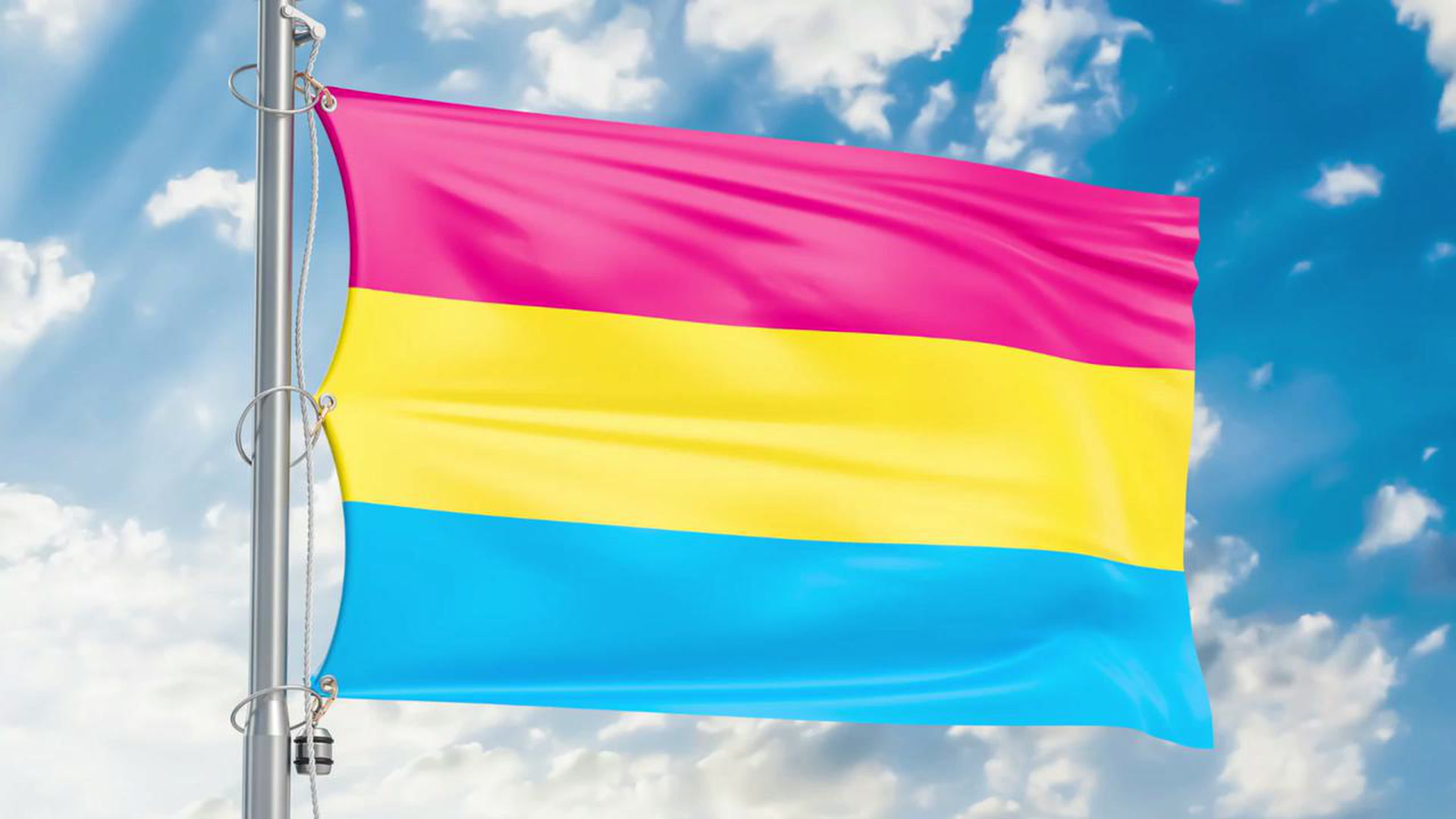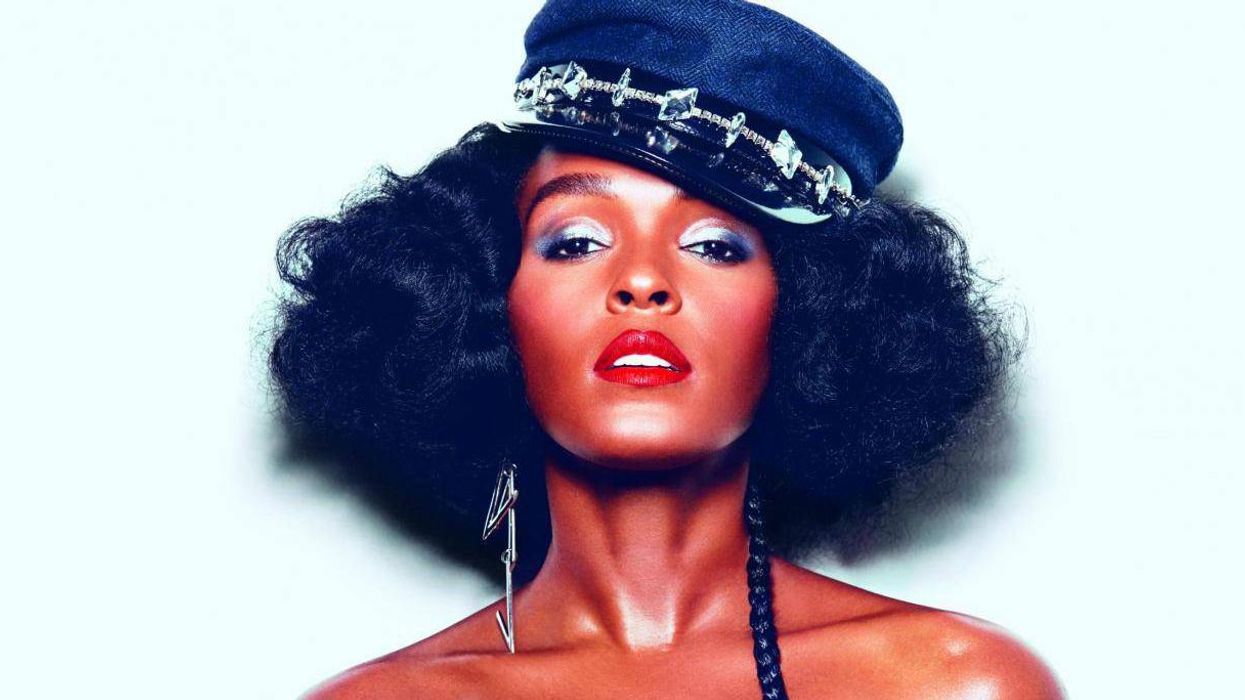Celebrities
Jake Hall
Apr 27, 2018
Today marks the release of Janelle Monáe's long-awaited new album Dirty Computer.
It's a sonic and conceptual departure from her previous releases, all of which tracked the life and, more specifically, the suffering of an android named Cindy Mayweather, who had fallen dangerously in love with a human. Themes of forbidden desire and the persecution of love stories not deemed 'normal' by society were written throughout the series of concept albums, prompting many to speculate that Monáe herself might identify as LGBT+; now, for the first time, the star is taking a step back from her cyborg alter-ego and opening up about her own sexuality.
In a promotional interview with Rolling Stonepublished yesterday, she finally addressed rumours which have followed her for years:
Being a queer black woman in America - someone who has been in relationships with both men and women - I consider myself to be a free-ass motherfucker.
She then goes on to clarify what she specifically means by the word 'queer', which can be used either as an umbrella term anyone of a marginalised sexuality or as a self-descriptor for people who want to actively break with and challenge what society deems to be 'normal'. In Monáe's case, she initially identified as bisexual but then clarified:
Later I read about pansexuality and was like, 'Oh, these are things that I identify with too.' I'm open to learning more about who I am.
Since she made this open declaration, searches for the term 'pansexuality' have skyrocketed to the point that dictionary editor Merriam-Webster revealed it was their top search of the day.
But what is pansexuality?
Put simply, someone who identifies as 'pansexual' is attracted to people regardless of their sex or gender identity.

This is different to 'bisexual', although definitions of the term are expanding quickly. While 'bisexuality' has historically been thought to describe sexual attraction to 'men' and 'women' - and therefore exclude anyone who doesn't fit those descriptors - others have argued that it can describe someone who is attracted to someone who shares their gender identity, and someone that doesn't.
'Pansexuality', on the other hand, explicitly incorporates attraction to non-binary people. It's essentially a catch-all term, but one which has been described as contributing to the erasure of bisexual identities and upholding biphobia.
On the other hand, there are commentators who feel that 'bisexual' as a term is too exclusive and should be broadened out to incorporate those that identify as non-binary or gender non-conforming.
It's a complicated debate from all sides, but it's one which Monáe's statement has reignited and introduced to new audiences.
This is a fact evidenced in the Twitter responses to Merriam-Webster:
Her willingness to speak out is, she says, driven by a desire to make LGBT+ people feel heard, seen and appreciated.
I want young girls, young boys, non-binary, gay, straight, queer people who are having a hard time dealing with their sexuality, dealing with feeling ostracised or bullied just for being their unique selves, to know that I see you. This album is for you. Be proud.
She's undeniably achieved her mission; Twitter is currently flooded with young, self-identified queer and pansexual users clarifying misconceptions and praising the star for her honesty. By using her platform to openly discuss LGBT+ struggles, she's stepped forward as a necessary, powerful queer role model.
More: A group of LGBT+ students have stripped down to their underwear to promote body positivity
Top 100
The Conversation (0)














